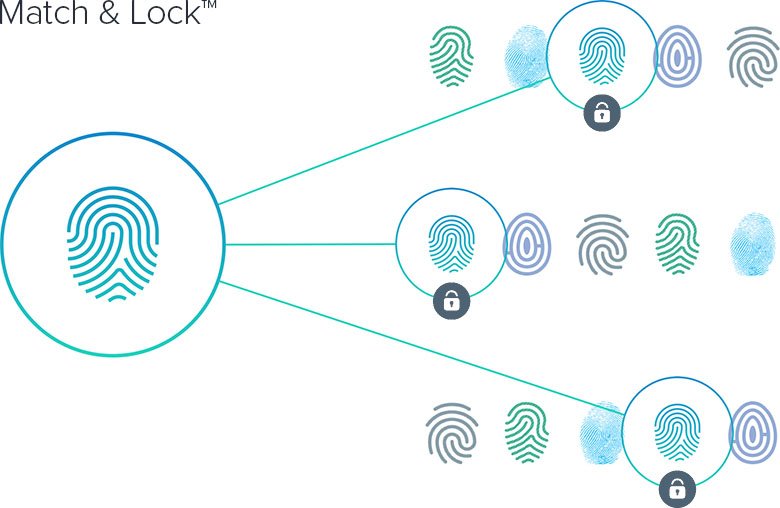Industry Insights
A Better Way: Suppressing Duplicates (Part 7 of 10)
Duplicate listings are the scourge of SEOs, brand managers, and social media managers. They arise due to user contributions, conflicting data sources, and changes in brand administration (where the “old guy” didn’t help the “new guy” understand how locations were previously created and managed). The net impact of duplicate listings is consumer confusion, brand frustration, […]

Duplicate listings are the scourge of SEOs, brand managers, and social media managers. They arise due to user contributions, conflicting data sources, and changes in brand administration (where the "old guy" didn't help the "new guy" understand how locations were previously created and managed). The net impact of duplicate listings is consumer confusion, brand frustration, and often, reduced reach for the "official" brand profile or listing.
To combat the chronic issue of duplicate listings, Yext built the only programmatic solution across over 80 of our publishers and data partner platforms to ensure they are suppressed correctly — and for good. Today, lots of other vendors claim deletion or suppression, yet they're actually doing nothing more than sending an email request to "please remove" the duplicate listing. Unfortunately, email requests aren't a viable solution for correcting and controlling data.
Yext's comprehensive solution continuously monitors the data ecosystem for the reappearance of bad data and duplicative listings. When a new duplicate is identified, Yext suppresses the listing according to each publisher's best practices, helping to ensure that duplicates do not resurface and can be suppressed at scale. Yext has suppressed over 3,780,000 duplicate listings to date, suppressing an average of 8 duplicates per listing.
Note that wherever possible, the Yext solution is to suppress and not to deleteduplicate listings. This is a best practice of any data scientist because when you delete, you lose knowledge that the data and source were bad. In such a case, you leave open the possibility that the intelligent service will simply resurface that source and data without any recognition of the prior analysis.
The saying goes, "Those who forget the past are doomed to repeat it." We don't want that to happen to our customers — and so we suppress this bad data to ensure we never forget where errors have appeared. This helps keep the weeds of bad data from springing up again.
This may sound counterintuitive to some, but as the inestimable statistician W. Edwards Deming said, "In God we trust. All others must bring data."
When a customer launches their listings with Yext, our patented Match & Lock™ process kicks into gear. The Match part of this process inspects every publisher's database to identify listings that may already exist for the business locations in question. Whereas other vendors scrape publishers' public sites for existing listings (a technically unsound approach), Yext matches listings via our custom integrations with PowerListings® Network publishers at the database level**.** This allows us to detect and lock existing listings while specifically avoiding the creation of new duplicates in each publisher's database. Because publishers are already in direct and real-time communication with the authoritative source (you), there's no need for them to refresh their databases to reconfirm your information.

Existing listings aside, the pace of local business is fast, and it's common for new businesses or locations to open and not appear immediately on publishers' sites. In these cases, if a listing for a given location does not exist on a publisher's site, Yext will create that listing and automatically lock it. Compare that to the months and months of waiting for your listings to appear because you're using a manual or aggregator solution — and all the business you're potentially losing because customers can't find you.
One last thing to note on the creation of listings is that Yext has a full publisher analysis team that reviews each match before it goes live, preventing any mismatches that could happen programmatically. This team works around the clock, directly with customers and our partners, to identify and fix any situations at each publisher that are not optimal. It's not a job Conrad Saam from Mockingbird Marketing would want, so he's glad Yext is there to do it:

And that's the seventh "better way" in Yext's arsenal — a better way to deal with duplicates. In our next installment, we'll discuss Yext's relationship with Yahoo, and how it sets Yext apart from all others.
Want more? In my full whitepaper, A Better Way with Yext, I provide a deep-dive into how Yext helps businesses of every size manage the digital knowledge about their people, places, and products (while debunking a few myths along the way). Download the full whitepaper today.
